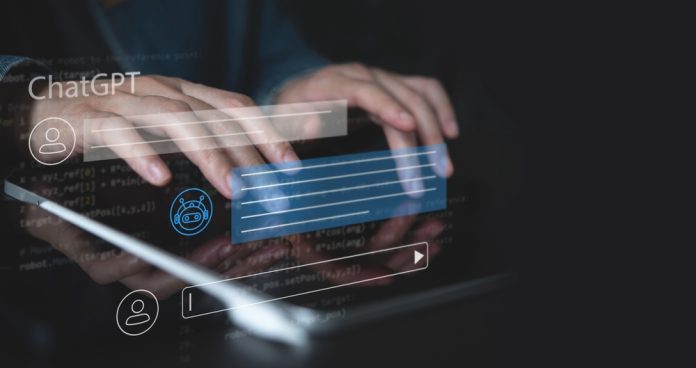
In learning and development (L&D), the concept of adaptive learning is becoming more popular, and more companies are beginning to transition to this approach. The shift to adaptive learning marks a significant move away from the outdated one-size-fits-all approach, which often fails to respect the diverse experiences and knowledge base of adult learners.
Adaptive learning honors and utilizes the existing skills and understanding of each adult learner, creating a more relevant and engaging learning experience. This tailored approach not only aligns with adult learning principles but also presents substantial benefits to employers.
By providing targeted, efficient training, it reduces time and costs associated with employee development, enabling a quicker return to productivity with enhanced skills. The integration of artificial intelligence (AI) technologies such as ChatGPT in adaptive learning frameworks further enriches this dynamic. ChatGPT offers personalized feedback and adaptive learning paths, making the training process more responsive and effective for adult learners, while simultaneously optimizing organizational training resources and fostering a culture of continuous, respectful learning.
From insightful pre-assessments to revolutionizing knowledge assessments, let’s examine how ChatGPT is redefining the landscape of eLearning, offering personalized feedback, and fostering a culture of continuous learning.
Step 1: ChatGPT for Insightful Pre-Assessments
A key component of adaptive learning is understanding where each learner begins their journey. ChatGPT, with its advanced capabilities, revolutionizes this initial assessment phase. It can conduct engaging and interactive evaluations, such as quizzes or conversational assessments, to accurately determine a learner’s current knowledge and skills. This initial insight is crucial for customizing eLearning content to suit each individual’s needs, ensuring that the material is neither too basic nor too advanced. This solid foundation paves the way for a learning experience that is truly centered around the learner.
Step 2: Enhancing Formative Assessments with ChatGPT
Formative assessments are vital in adaptive learning, offering ongoing feedback and insights into learners’ progress. Introducing ChatGPT at this stage adds a dynamic and interactive element to these assessments. ChatGPT can adjust the content and difficulty of assessments in real time, responding to learners’ inputs. This adaptability ensures that the training continues to align with the learners’ evolving needs. For instance, if a learner shows proficiency in a particular area, ChatGPT can intuitively introduce more complex concepts, keeping the learning process both challenging and engaging.
Step 3: ChatGPT as an On-Demand Learning Facilitator
Timely support and clarification are crucial for an enriching learning journey. ChatGPT excels in this role, offering immediate and accurate responses to learners’ questions. This instant support system empowers learners to resolve doubts quickly, leading to deeper understanding and a more comprehensive learning experience. Additionally, ChatGPT’s conversational nature maintains learner engagement, promoting a proactive and inquisitive learning approach.
Step 4: Revolutionizing Knowledge Assessment with ChatGPT
ChatGPT significantly transforms how knowledge assessment is conducted in eLearning. Traditional methods often limit learners to specific response formats. ChatGPT, on the other hand, allows for a broader evaluation by assessing free-form responses. This approach enables learners to articulate their understanding in their own words, with AI providing nuanced and precise assessments. This leads to more meaningful evaluations and a clearer understanding of the learners’ mastery of the subject.
Step 5: Personalized Feedback and Recommendations
A standout feature of ChatGPT in eLearning is its capability to offer personalized feedback and learning recommendations. By analyzing learners’ performance and interactions, ChatGPT identifies areas for improvement and suggests relevant resources or topics for further study. This tailored approach not only addresses individual learning gaps but also cultivates a culture of continuous learning and self-improvement, which is essential in today’s fast-paced environment.
The Future Is Now: AI in eLearning
The integration of AI tools such as ChatGPT in eLearning marks the dawn of a new era in educational technology. These tools pave the way for more adaptive, engaging, and effective learning experiences. Educators and instructional designers can leverage the power of AI to create personalized learning paths that cater to the diverse needs of learners.
This evolution is not just about keeping pace with technological advancements; it’s about redefining the possibilities of learning and development. As technology continues to play a pivotal role in education, tools such as ChatGPT will shape the future of adaptive learning, making it more accessible, engaging, and impactful for learners while maximizing ROI for employers.

